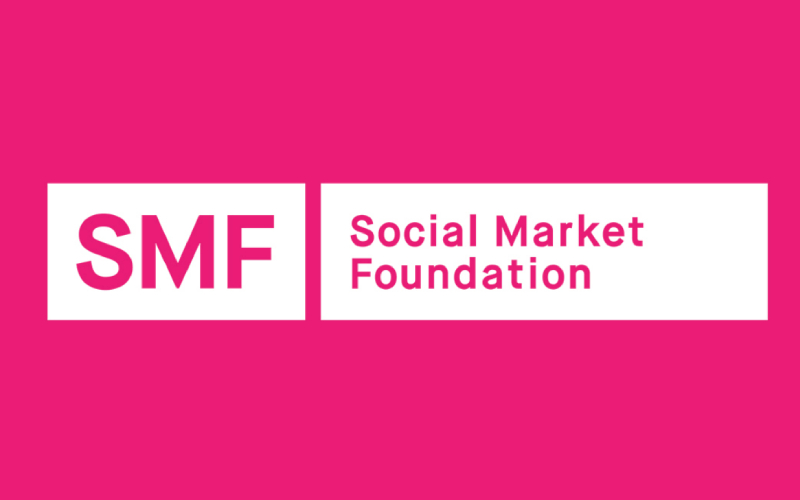SMF Calls for 50% Tax on Online Casinos Amid Fears of Industry Fallout

A new report from the Social Market Foundation (SMF) is calling for a big change in how the UK taxes online gambling. The group wants to introduce a new tax system where different types of gambling are taxed at different rates. The most eye-catching proposal is a 50% tax on online casino games like slots, which are more likely to be addictive and harmful to players.
According to the think tank, the government’s current plan to consolidate all gambling taxes into a single flat rate is risky. They believe it ignores the differences between safer forms of betting, like horse racing, and arguably more harmful ones, like online slots.
What the Report Proposes
The report, called “The Duty to Differentiate,” says the government should:
- Set a 50% tax on high-risk games such as online slots.
- Apply a 25% tax to all general betting products.
- Reduce horse racing betting duty to 5%.
- Raise the Horserace Betting Levy to 20%.
- Offer tax breaks for smaller operators.
According to SMF, this is one way to raise an additional £2 billion a year for the government while also helping reduce gambling harm. They say the current system is outdated and encourages players to spend more on riskier games because those products are subject to taxes at similar or even lower rates.
Operator Concerns
While a new tax model could make things simpler for gambling companies, it could also cost them more money. Some operators may welcome easier paperwork and fewer compliance rules. But the higher tax rates would likely lead to tighter profit margins, especially for brands that rely on bonuses, promotions, and loyalty rewards.
Analysts believe operators might cut back on offers or change their product line-ups to focus on games with higher returns. If offers become less generous or disappear entirely, it may reduce competition and player engagement.
Smaller brands could benefit from simpler rules, but many might not survive the higher costs. That raises concerns about fewer choices for players and a more crowded market dominated by a few large companies. There’s also a growing fear that fewer promotions and tighter restrictions will push players toward offshore gambling sites. These sites are not regulated in the UK and usually offer higher payouts but lack important player protections.
What Is Next?
The UK gambling sector contributes more than £3 billion in taxes each year and supports thousands of jobs. A fairer and more efficient tax system could help protect that contribution, but only if it balances industry needs with public health goals. The consultation process will certainly have to focus on fairness, market stability, and long-term revenue.


